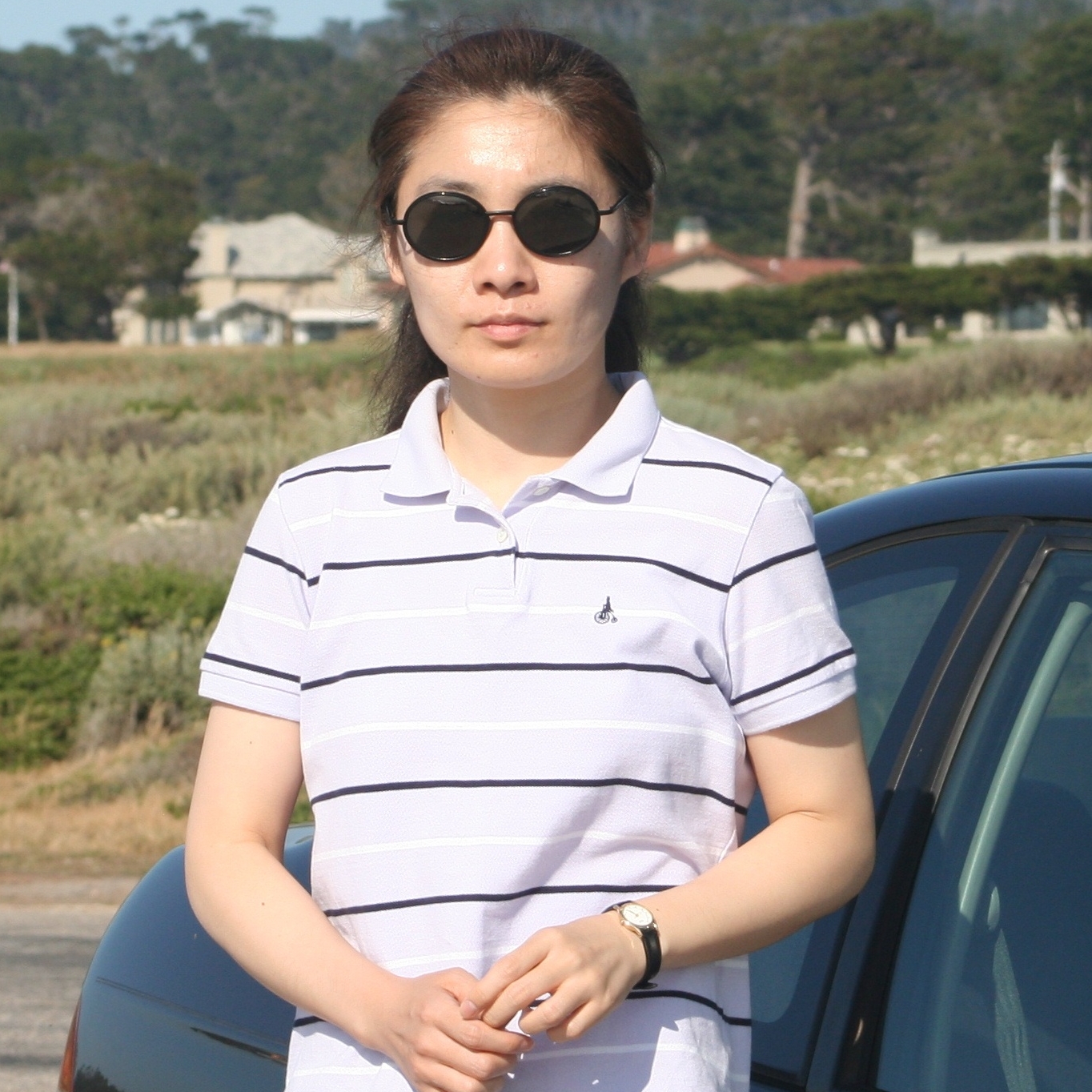CSFN PI Directory
Yoonhee Jang, Ph.D.
Associate Professor, Cognitive Psychology
Contact
- Office
- Skaggs 205
- yoonhee.jang@umontana.edu
Personal Summary
I will be taking new graduate students for next year. Applications to our experimental program will be reviewed shortly after the due date. Please feel free to contact me if you have questions.
Education
Postdoctoral Fellow, University of California, San Diego
Ph.D., University of Maryland, College Park
Courses Taught
PSYX 222 Psychological Statistics
PSYX 280 Fundamentals of Memory and Cognition
PSYX 320 Advanced Psychological Research Methods (Research Methods III)
PSYX 565 Advanced Cognition
PSYX 195 How the brain remembers and forgets (team teaching)
Research Interests
Human Memory and Learning; Metacognition
Signal Detection Theory; ROC analysis; Modeling Human Behavior
Cognitive and Metacognitive Illusions; Confidence-Accuracy Relation
Applying Cognitive Science to Education and Training
Field of Study
Cognitive Psychology; Cognitive Science; Modeling Cognition
Selected Publications
- Jang, Y. (2022). Slow judgments of learning predict familiarity-based memories as measured by the Remember-Know task. Journal of Experimental Psychology: Learning, Memory, and Cognition, 48, 1618-1637.
- Jang, Y., Lee, H., Kim, Y., & Min, K. (2020). The relationship between metacognitive ability and metacognitive accuracy. Metacognition and Learning, 15, 411-434.
- Jang, Y., & Lee, H. (2019). Item repetition and retrieval processes in cued recall: Analysis of recall-latency distributions. Memory & Cognition, 47, 792-815.
- Jang, Y., Lee, H., & Huber, D. E. (2019). How many dimensions underlie judgments of learning and recall redux: Consideration of recall latency reveals a previously hidden nonmonotonicity. Journal of Mathematical Psychology, 90, 47-60.
- Jang, Y., & Kuper, K. E. (2019). Environmental context and false recognition: Evidence from the Remember-Know procedure. The American Journal of Psychology, 132, 71-83.
- Jang, Y., & Marshall, E. W. (2018). The effect of type of feedback in multiple-choice testing on long-term retention. The Journal of General Psychology, 145, 107-119.
- Huber, D. E., Tomlinson, T. D., Jang, Y., & Hopper, W. J. (2015). The search of associative memory with recovery interference (SAM-RI) memory model and its application to retrieval practice paradigm. In Cognitive Modeling in Perception and Memory: A Festschrift for Richard M. Shiffrin. Psychology Press, ch.5.
- de Jonge, M., Tabbers, H. K., Pecher, D., Jang, Y., & Zeelenberg, R. (2015). The efficacy of self-paced study in multitrial learning. Journal of Experimental Psychology: Learning, Memory, and Cognition, 41, 851-858.
- Wixted, J. T., Squire, L. R., Jang, Y., Papesh, M. H., Goldinger, S. D., Kuhn, J. R., Smith, K. A., Treiman, D. M., & Steinmetz, P. N. (2014). Sparse and distributed coding of episodic memory in neurons of the human hippocampus. Proceedings of the National Academy of Sciences, 111, 9621-9626.
- Jang, Y., Pashler, H., & Huber, D. E. (2014). Manipulations of choice familiarity in multiple-choice testing support a retrieval practice account of the testing effect. Journal of Educational Psychology, 106, 435-447.
- Jang, Y., Wallsten, T. S., & Huber, D. E. (2012). A stochastic detection and retrieval model for the study of metacognition. Psychological Review, 119, 186-200.
- Jang, Y., Wixted, J. T., Pecher, D., Zeelenberg, R., & Huber, D. E. (2012). Decomposing the interaction between retention interval and study/test practice: The role of retrievability. Quarterly Journal of Experimental Psychology, 65, 962-975.
- Jang, Y., Mickes, L., & Wixted, J. T. (2012). Three tests and three corrections: Comment on Koen and Yonelinas (2010). Journal of Experimental Psychology: Learning, Memory, and Cognition, 38, 513-523.
- Gupta, N., Jang, Y., Mednick, S. C., & Huber, D. E. (2012). The road not taken: The detrimental role of fluency in creativity. Psychological Science, 23, 288-294.
- Jang, Y., Wixted, J. T., & Huber, D. E. (2011). The diagnosticity of individual data for model selection: Comparing signal-detection models of recognition memory. Psychonomic Bulletin & Review, 18, 751-757.
- Jang, Y., Wixted, J. T., & Huber, D. E. (2009). Testing signal-detection models of yes/no and two-alternative forced-choice recognition memory. Journal of Experimental Psychology: General, 138, 291-306.
- Jang, Y., & Huber, D. E. (2008). Context retrieval and context change in free recall: Recalling from long-term memory drives list isolation. Journal of Experimental Psychology: Learning, Memory, and Cognition, 34, 112-127.
- Wallsten, T. S., & Jang, Y. (2008). Predicting binary choices from probability phrase meanings. Psychonomic Bulletin & Review, 15, 772-779.
- Jang, Y., & Nelson, T. O. (2005). How many dimensions underlie judgments of learning and recall? Evidence from state-trace methodology. Journal of Experimental Psychology: General, 134, 308-326.
Professional Experience
Associate Editor, Memory and Cognition (since 2024)

